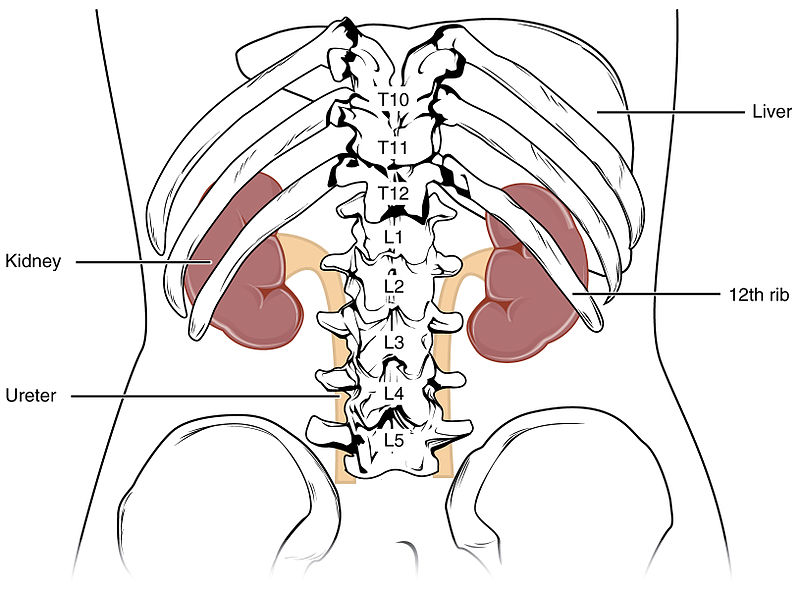
Normal Kidney Function
The human body has two kidneys; each is about the size of a fist. Our kidneys help clean the blood and produce urine to rid the body of waste. Our kidneys help do other things too. They control our blood pressure, keep our bones strong, make red blood cells, and control the chemicals and fluid in our bodies.
Abnormal Kidney Function
Kidney disease can affect anyone. Some people are more likely to develop kidney disease due to other medical conditions. Other medical conditions include high blood pressure, diabetes, and heart disease. Others get kidney disease from an external event such as injury to the kidneys or major blood loss.
When kidneys are not functioning normally, the following terms may be used.
- Acute Kidney Disease: short-term, usually with a full recovery
- Chronic Kidney Disease: kidneys cannot fully recover but are functioning enough to maintain life
- End-Stage Renal Disease: kidneys are not functioning enough to maintain life
Treatment
If kidney disease is caught early, there are ways to prevent or slow the development of the disease with exercise, diet, and medication. When the kidneys are no longer functioning, dialysis or a kidney transplant are used for treatment.
